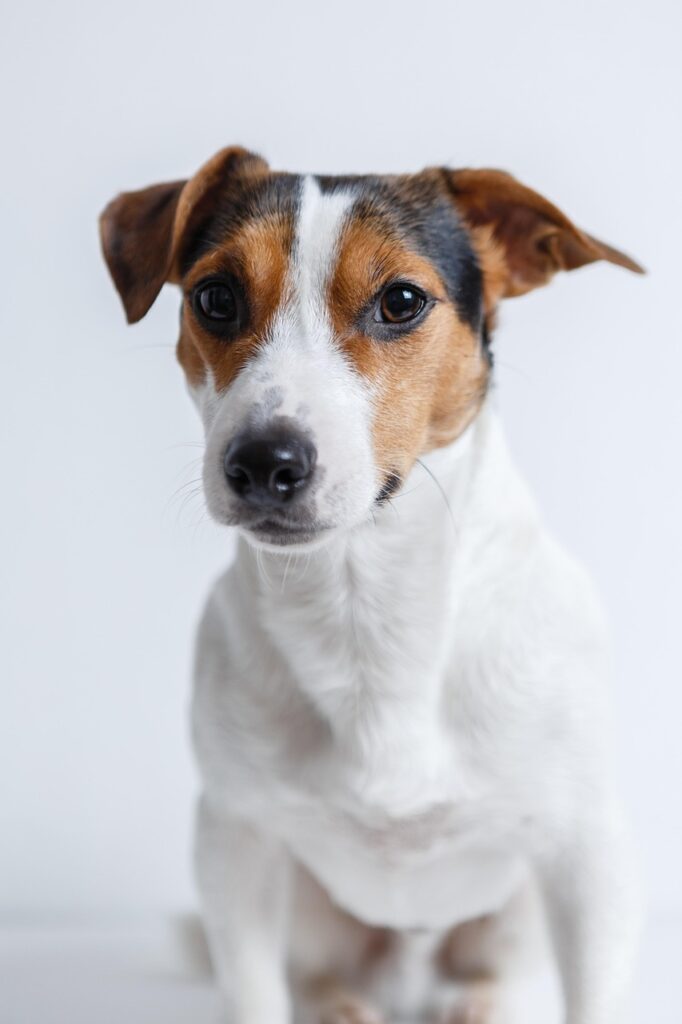Can Dogs Eat Stuffing? – No, They Can’t
Stuffing is a popular dish that often graces our tables during festive gatherings, but when it comes to our four-legged friends, no, dogs should not eat stuffing. This savory side dish, although delicious for humans, poses a variety of health risks to dogs. The mixture of bread, herbs, spices, and sometimes onions or garlic—all of which can be toxic to dogs—make it a dish best kept far away from their reach. Feeding stuffing to dogs can lead to serious health complications, from digestive upset to more severe toxic reactions.
Can Puppies Eat Stuffing?
The answer remains a firm no when it comes to puppies. In fact, the risk of complications increases for these young canines. Puppies have much more sensitive digestive systems and are still developing their immunity. Ingredients commonly found in stuffing, such as onions and garlic, can be even more harmful to them. It’s important to take special precautions during holiday seasons or festivities to keep stuffing and other unsafe foods out of paw’s reach.
Why is Stuffing Harmful for Dogs?
While stuffing is a complex dish with varying recipes, there are several staple ingredients and common additions that are dangerous to dogs. Here’s a closer look at what exactly makes stuffing a no-go for our canine companions.
Onions and Garlic
Onions and garlic contain compounds that can cause oxidative damage to red blood cells in dogs, leading to a condition known as hemolytic anemia. This is especially harmful and potentially life-threatening, as such damage can limit the blood’s ability to transport oxygen effectively.
Herbs and Spices
Stuffing is often seasoned with a variety of herbs and spices. Some of these, like sage and thyme, contain essential oils that can upset a dog’s stomach or affect their central nervous system if ingested in large quantities. It’s difficult to predict how much of these herbs and spices can cause issues, so it’s best to avoid them altogether.
High Fat and Carbohydrate Content
The bread and butter that form the base of most stuffing recipes are high in fats and carbohydrates, which can prove to be too rich for a dog’s digestive system. Regularly feeding dogs high-fat foods can contribute to obesity and pancreatitis. The carb-heavy nature of bread can also lead to unwanted weight gain.
Symptoms to Watch Out For After Dogs Consume Stuffing
- Vomiting and Diarrhea: Look for signs of an upset stomach such as vomiting or diarrhea, which can occur if your dog has eaten stuffing.
- Lethargy: If your dog appears unusually tired or weak, it could be a symptom of an adverse reaction to the stuffing ingredients.
- Abdominal Pain: Dogs might display signs of discomfort such as whining or an arched back if they are experiencing abdominal pain after eating stuffing.
Immediate Steps to Take if Your Dog Eats Stuffing
- Assess the Amount: Determine how much stuffing your dog has consumed and look for any particularly toxic ingredients in the recipe, such as onions or garlic.
- Contact Your Vet: If you suspect your dog has ingested a dangerous ingredient or is showing symptoms of distress, call your vet immediately for advice or to arrange for an urgent visit.
- Monitor Their Behavior: Keep a close eye on your dog for any developing symptoms or changes in behavior, and follow your vet’s instructions for care and treatment.
Safe Alternatives to Stuffing
While stuffing is dangerous for dogs, there are safe alternatives that they can enjoy. Consider offering your dog these safer food options instead:
- Carrots – A healthy, crunchy snack that is high in fiber and beta-carotene.
- Apples – A sweet treat that provides vitamins and fiber, but make sure to remove the core and seeds first.
- Pumpkin – A nutritious option that can help with digestive health; serve it plain and cooked, with no added spices or sugar.
Conclusion
In summary, stuffing may be a holiday favorite for humans but it brings significant health risks to dogs. Ingredients like onions, garlic, and rich spices are toxic to our furry friends and can lead to severe health issues. It’s crucial for pet owners to exercise vigilance and keep stuffing away from dogs, while offering them safe and nutritious alternatives. By being mindful of these risks, we can ensure a happy and healthy holiday season for all members of the family.
Frequently Asked Questions
Can dogs have a small taste of stuffing?
No, even a small amount of stuffing contains ingredients that can be harmful to dogs.
What should I do if my dog accidentally eats a large amount of stuffing?
Contact your veterinarian immediately for advice and monitor your dog’s behavior closely for any signs of distress.
Are any of the herbs in stuffing safe for dogs?
While some herbs might be safe in small quantities, the combination and quantity in stuffing could be dangerous. It’s best to avoid giving any to your dog.
What are some dog-friendly holiday dishes?
Opt for plain, cooked vegetables like carrots or pumpkin, and avoid any dishes with heavy spices, onions, or garlic.



